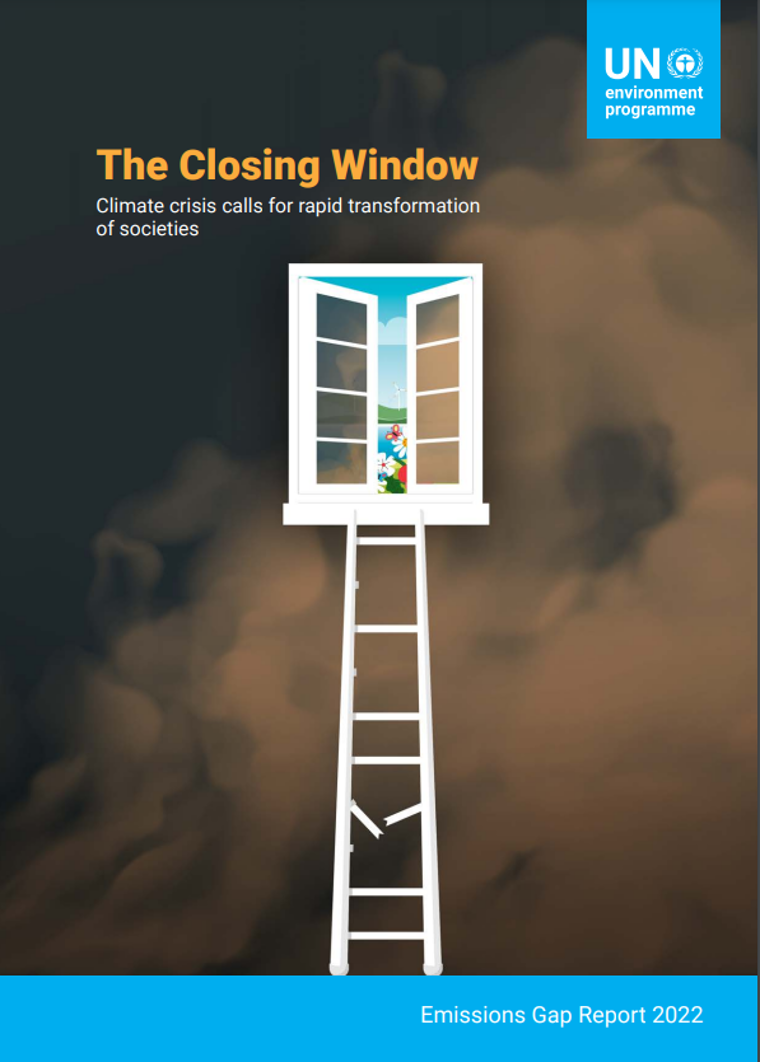The Emissions Gap Report 2022, published by the United Nations Environment Programme (UNEP), presents the latest scientific data on greenhouse gas emissions and their impact on the climate. The report highlights the significant gap between current emissions levels and what is needed to limit global warming to 1.5°C or 2°C, as set out in the Paris Agreement.
The report emphasises the urgent need for transformation in society. Despite the nationally determined contributions submitted by countries since COP 26, the report indicates that the global greenhouse gas emissions reduction target of the Paris Agreement is unlikely to be met. Incremental changes are no longer sufficient, and broad-based, systemic transformations are required to limit global warming to well below 2°C, preferably 1.5°C.
The report highlights the urgent need for action to reduce emissions from transport, the second-largest emitting sector. It notes that despite some progress in electric vehicle adoption, the global fleet remains overwhelmingly reliant on fossil fuels, and emissions from aviation continue to rise. One of the recommendations for businesses is to reduce travel in operations and work towards net-zero emissions transportation. A key step for that is companies shifting their business air travel to rail and using virtual technologies for meetings.
It is shown that many companies have made commitments to reduce their emissions, but the Intergovernmental Panel on Climate Change (IPCC) calls for more ambitious action to turn these commitments into tangible results. It highlights the importance of sustainability reporting, noting that transparent reporting on emissions and climate risks is essential for investors and other stakeholders to make informed decisions.
The report concludes by emphasising the urgency of action. The report demands bold and ambitious action from all actors, including governments, the private sector, and civil society, to set and achieve ambitious targets, investing in clean energy and sustainable transport, and working together to tackle the global challenge of climate change.
Reduce long-haul flights – shift to rail – use virtual collaboration tools

